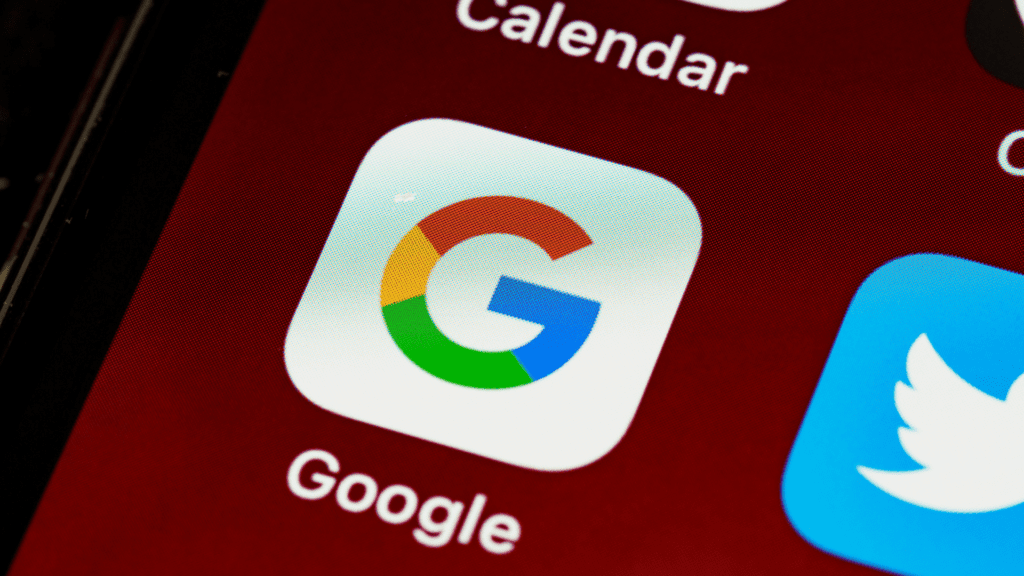
The temptation to use an image you found on Google to enhance your website may be strong in this digital age, where images are essential for drawing in visitors. I mean, the internet is a huge repository of photos, right? Wrong. This blog article discusses the dangers of using Google-sourced photos on your website and why doing so may present moral and legal issues.
You know the drill: you’re working on your website and searching for the ideal image for your content. A fast Google search gives you a ton of alternatives. You can save, upload, and right-click with such ease. But this easy-seeming procedure can get you into trouble.
Many photos in a Google search are owned by someone else and thus protected by copyright. Using these pictures without permission is against the law, which could get you in trouble. It’s important to realize that an image is not always free to use because it can be found online.
The repercussions might be dire if you are discovered using copyrighted photos without the required authorization or licenses. Possible consequences include fines, legal bills, and harm to your online reputation. Legal action might be taken against your website in certain situations, which could have easily been avoided and resulted in expensive consequences.
Using photos without permission for reasons other than the legal ramifications is morally wrong. Imagine spending a lot of time and energy producing unique content, only to have it used by someone else without giving you credit. Many content creators find it depressing, and you contribute to the issue if you use photos without permission.
You undervalue the labor of photographers, designers, and artists who make their livings from their crafts when you utilize photos without giving due credit or obtaining a license. When you use royalty-free photos, get permission before using them, and respect copyright, you help create an equitable and just online community where content creators are respected and paid for their work.
Using photos without permission for reasons other than the legal ramifications is morally wrong. Imagine spending a lot of time and energy producing unique content, only to have it used by someone else without giving you credit. Many content creators find it depressing, and you contribute to the issue if you use photos without permission.
Stock Photo Websites
You undervalue the labor of photographers, designers, and artists who make their livings from their crafts when you utilize photos without giving due credit or obtaining a license. When you use royalty-free photos, get permission before using them, and respect copyright, you help create an equitable and just online community where content creators are respected and paid for their work.
Create Your Content
Making your material is a surefire approach to guarantee that the imagery on your website is safe and authentic from a legal standpoint. Invest in a high-quality camera or hire a photographer to assist you in taking pictures that truly capture your brand. This ensures originality and distinguishes your website from others that use generic stock photographs.
Let’s conclude by reviewing some best practices for using photographs on your website that will protect you legally and promote a positive online community.
Make sure you review the licensing agreement for each image before using it. While some photos might be freely used, others need credit or money. If you comprehend and abide by these agreements, you’ll avoid any legal problems.
When using photos that call for credit, give the creator the credit they deserve according to the license terms. This exemplifies moral conduct and fosters a respectful environment among the online community.
Ensure everyone in your team working on your website understands the significance of using photos sensibly. Give them pointers and tools to locate appropriate images without violating anyone’s rights.
As the digital era progresses, using ethical images becomes increasingly important. Adopting ethical behaviors helps create a more courteous and cooperative online community and safeguard your website. Let’s imagine a time when innovation is embraced, content creators are respected, and the internet’s aesthetic is a living example of honesty and inventiveness.
The significance of ethical image use cannot be emphasized in a time when visuals drive most internet interaction. Adopting responsible practices shows a commitment to upholding content producers’ intellectual property beyond legal and reputational consequences.
Selecting authorized or unique images improves our websites and adds to a digital environment based on honesty, equity, and a common understanding of the worth of artistic creations.